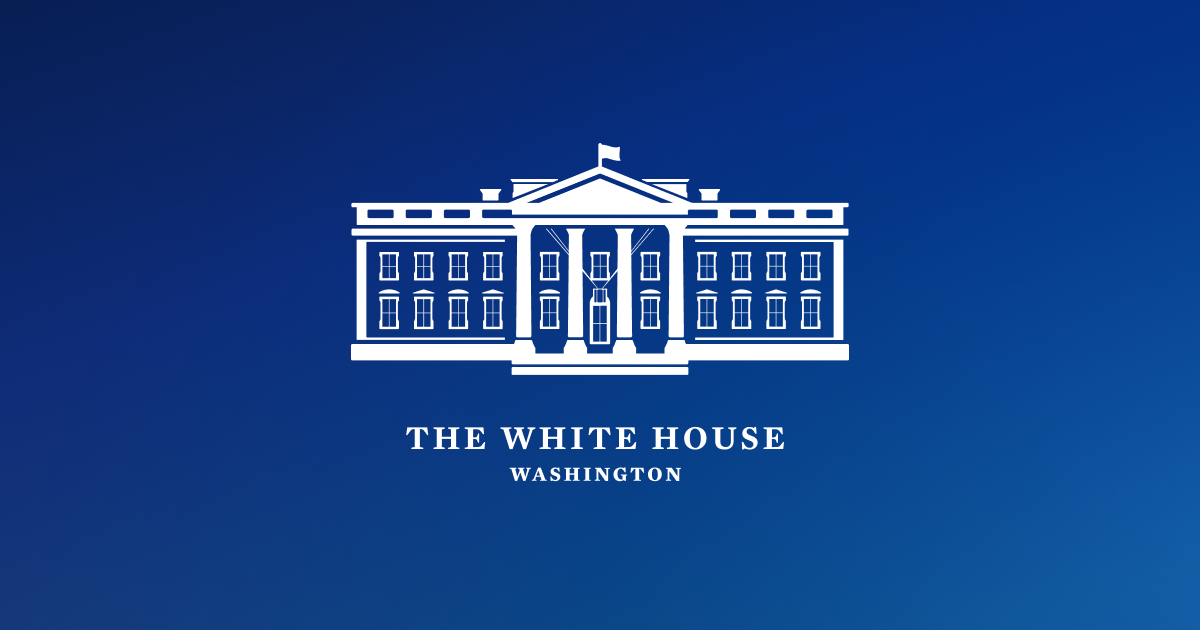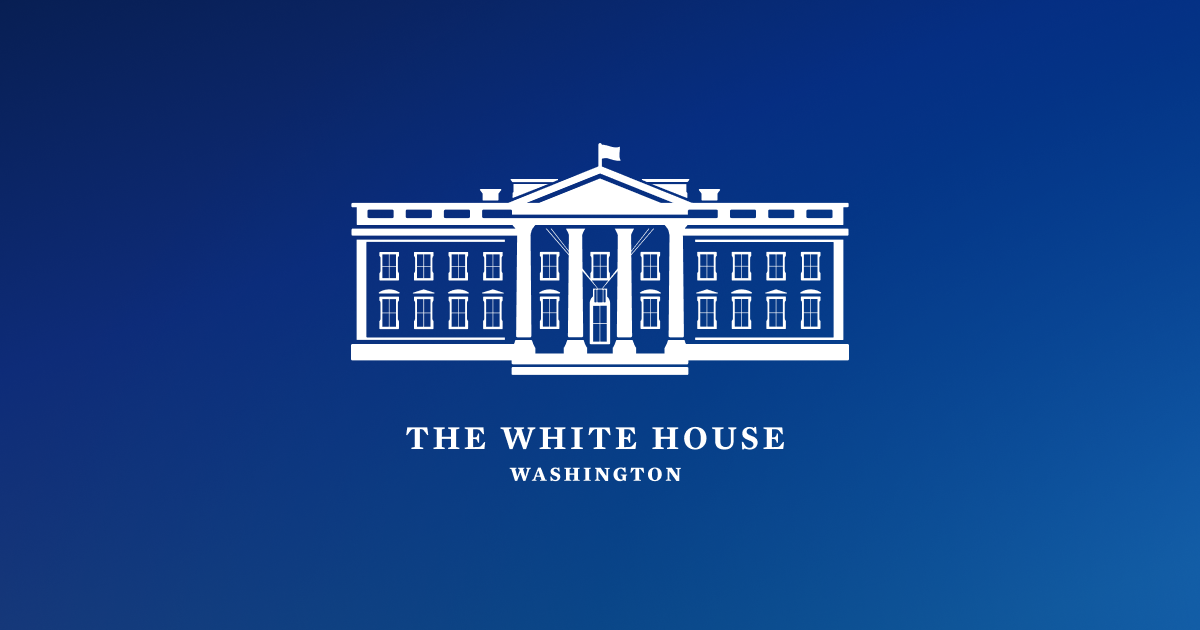What's needed
@ Lumpen -- I've not scrutinized all your posts in this thread, and don't want to leap to conclusions, but -- forgive me if I have this wrong -- some of us might guess that you are not happy with the mounting federal debt.
If this is correct, perhaps you can tell us what steps you would take to balance the budget, were you the dictator.
The need is to get down the deficits, or reduce debt as a percent of the total economy. Not raising the debt ceiling would force the needed spending cuts and tax increases to bring down the debt (as a % of the economy).
The first step is to NOT raise the debt ceiling, or raise it only on conditions of significant spending cuts and tax increases.
Stop paying interest on Treasury bills, notes and bonds? Would all SocSec checks be reduced 20% or would there be some sort of lottery? The federal government owns about 640 million acres of land: Should we sell it all off?
Do whatever is necessary to ensure that the bondholders are paid when it's due. This does not require that we raise the debt ceiling. Or increase the debt level.
(The extra-large type is added to emphasize certain major points in the fact sheet which illustrate the religious dogmatic nature of Biden's Higher-Debt demagoguery (like that also of the Republicans who practice the same demagoguery).)
● the "jobs! jobs! jobs! jobs!" doctrine:
"jobs! jobs! jobs! jobs! jobs! jobs!" is a fundamental premise of the Higher-Debt Religion.
Why doesn't anyone ever explain the point of this "jobs! jobs! jobs! jobs!" blabber? All we know for sure about "jobs! jobs! jobs!" is that they add more cost, higher debt, higher total budget spending.
... "jobs! jobs! jobs!" babble ... "jobs! jobs!" ... blabbering "jobs! jobs! jobs! jobs! jobs!" over and over again? ... there is a "jobs! jobs! jobs! jobs!" religion which serves no other purpose than the feel-goodism from the demagogue speeches, and it's a costly religion which drives the budget spending up higher and higher. You can't claim there's no waste in the spending as long as your demagogues (Dem or Repub) keep doing this "jobs! jobs! jobs! jobs!" fraud.
In some cases "jobs! jobs! jobs! jobs!" ... "jobs! jobs! jobs! jobs!" ... "jobs! jobs! jobs!" phoniness.
As you read on below, you see that the "jobs! jobs! jobs! jobs" dishonesty is repeated over and over again.
... [several references to " jobs! jobs! jobs" omitted.]
One wonders what you think job creation is all about.
It's probably code language for makework in one form or another. Which means "jobs" which serve to provide employment for someone rather than get needed work done. It's a place to put someone who needs an income, for their benefit, which has to be paid for by someone. Real jobs are already there, to be performed, and the only need is to perform jobs already existing and needing to be filled, not created for someone because they need an income. "Job creation" means there's someone we feel sorry for, because they need an income, and so we create this slot to put them into -- i.e., the need is not for the work to be done, but for a place to put that person who needs a "job."
If anything really beneficial is being produced by the "jobs! jobs! jobs!" we would not call it "job creation" but something like "job filling" or "job performance" or other term indicating that the job existed
before the job-seeker, not the job-seeker first for whom we create a "job" out of sympathy for him/her. "Work! work! work!" would be legitimate. Or "produce! produce! produce!" or "perform better! perform better! perform better!"
If there's really a need for job creation, literally, then you have to also say there's a need for job DESTRUCTION, because both creation and destruction of jobs is necessary in production, and all the employers do both. The need for both is the same. So if the "job creation" fad really made sense, we'd also be hearing about the need for
job destruction. But we never hear a politician promising to DESTROY jobs. Why not? The social need for both is essentially the same. So there's really no lack of job creation any more than there's a lack of job destruction. I.e., no UNmet need for either.
So the reason they promise to CREATE jobs is to benefit job-seekers out of sympathy for them, not to benefit society needing production. The real job creation, that is needed, happens automatically as there's more work needing to be done. And there's no need for a "job creation" crusade to satisfy a need which is already being satisfied automatically, as there is a legitimate crusade to get needed production done, to serve society.
It's not "jobs" we need, but work to be done which won't get done unless we find someone to do it. Possibly worker-search or working-finding would be the correct language, if it was really about better production for society.
That we call it "job creation" betrays what it's really about. It's about feeling sorry for someone who is an eyesore and we need to find someplace to put them. Or it's about stray humans we're afraid of, someone dangerous, and we need a "job" to put them into in order to get them off the streets, or reduce the danger they pose to society.
There is no WPA. Biden isn't putting the unemployed to work breaking windows, so that another team of Bidenites can repair the broken windows!
It's just the opposite.
Makework takes many forms. Basically it's a "job" which costs more than it's worth, but the "job" is created anyway, because of the perception that the job-seekers have a need, or society has a need to remove them as an eyesore. There's probably a very large amount of this, but there's no way to calculate it exactly. There are too many variables to identify this or that particular "job" as being makework in comparison to the others. Probably in a few cases it is obvious, but not most.
When the unemployed get productive jobs, the government needs to spend less on food stamps, etc.;
You prove my point with this argument. You're saying the purpose of the job is to remove this job-seeker as some kind of problem. This "job" is created not in order to get needed work done, but to eliminate the job-seeker as a problem we wish did not exist -- meaning society would be better off if this job-seeker did not exist as a cost. But since s/he is there, we have to do something to remove him/her as a problem, and so we "create" a job which otherwise would not be needed.
You are proving that "job creation" means makework when you use an argument like this to show why we need to "create" jobs. You're saying the job-seeker is a public nuisance, in effect, and creating a "job" to put him into is the best solution, and there'd be no need for this job to exist other than as a place to put this job-seeker to remove him/her as a problem.
. . . and the new salaries, wages and corporate profits represent new sources of tax revenue.
But that's not really job creation. Rather, it's performance of work which needed to be done (which society needed to have done), so it's the filling of a job which was not created to help that worker but which already existed and needed to be done and thus did not need to be created. It only needed to be filled. And usually the government has nothing to do with getting that job filled, because its role in the economy is more to prevent businesses from getting the work done and from hiring the workers needed, passing laws which interfere with the hiring and performing of the work.
Unless you mean that the worker contributes no real value, but by getting paid s/he becomes a new source of tax revenue for society, and that's their contribution -- i.e., someone pays them, and that makes them an asset to society as a taxpayer. Even if they do no real work but just sit there and twiddle their thumbs.
But if you don't mean that, then their real contribution is only the needed work they do, not as a source of tax revenue, but only the needed work, and the purpose of paying them is not to turn them into a taxpayer, but to incentivize them to do that needed work. So the argument that we need workers so they can have wages from which to pay taxes is phony. That's not what we need them for, and that's not why legitimate jobs are created (and also destroyed when they're no longer profitable).
Scott Paul, president of the Alliance for American Manufacturing, gives Biden some credit for the manufacturing job gains.
Biden has created "a climate for factory investment that we haven’t seen for generations," including the investments in infrastructure, clean energy manufacturing and semiconductors, Paul told PolitiFact. These are "already paying dividends. You can see from the ubiquitous factory announcements almost every week."
Gary Burtless, an economist at the Brookings Institution, a research and policy center in Washington, D.C., agreed that the gain in about 700,000 manufacturing jobs since the pandemic-era low has been unusually rapid. He said this was enabled by some things that a president can control, notably the federal pandemic aid programs for businesses, unemployed workers and Americans who received stimulus checks. Collectively, such policies kept consumer demand for manufactured goods strong.
Major companies have recently announced significant investments in American manufacturing, including massive new semiconductor manufacturing facilities. Increasing U.S. production of semiconductors is particularly important because they are essential for a wide variety of products, including cars and trucks, smart phones and medical devices like hearing aids and pacemakers. In Ohio, Intel is investing $20 billion to build one of the largest semiconductor facilities in the world, expected to create 10,000 jobs, and Micron announced a $40 billion investment to significantly increase U.S. market share of memory chips. Firms are expanding their operations despite economic headwinds, and the CHIPS and Science Act will further support domestic semiconductor production and innovation.
“We had a huge shift away from services and into goods that spurred production and manufacturing and very rapid recovery in the U.S. economy,” Ms. Yellen told reporters during a trip to Detroit this month. The support for local economies and small businesses included in Mr. Biden’s rescue plan, she said, “has been tremendously helpful in restoring the health of the job market and given the shifting in spending patterns, I think that’s been to the benefit of manufacturing.”
Every President, including Trump, claims to have "stimulated" the economy, with their policies. And they all have their supporters, including economists and businesses, who praise them for their role.
Whatever they did, such as improving infrastructure etc., which was beneficial, was not job creation. It was getting needed work done, or removing government as an obstacle to companies getting needed work done. In some cases it was even getting rid of some excess workers who were paid more than they were worth.
So of course government sometimes plays a vital role in getting needed work done. But that's not job creation. It's not the JOBS per se that we need. It's the better production, which sometimes means more jobs, and sometimes not -- or maybe even FEWER jobs in some cases. So we should stop making a religion out of the "jobs! jobs! jobs!" (and stop voting for Biden and Trump and Sanders and other "jobs! jobs! jobs!" demagogues) and instead get needed work done while also getting rid of the waste and the makework or anything else which drives up the costs beyond what's necessary to get the needed production done.




